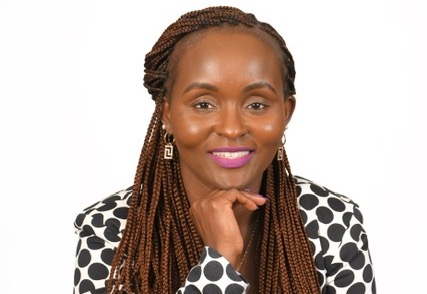
Lifestyle
CAROL BANKS SHARES INSIGHTS FROM HER BOOK ETHICAL LEADERSHIP
Carol Banks, a former nurse turned Fortune 500 general manager, is opening up on her journey in new book Ethical Leadership. The book delves into the essence of selflessness and universal ethics. Banks explores the challenges and virtues essential for fostering ethical leadership in today’s world. Additionally, she opens up about her personal struggles, including a painful divorce from her ex-husband.
What motivated you to write a book on Ethical leadership?
I’m a registered nurse by profession who ended up becoming a general manager at a Fortune 500 company and people asked me how I did it, that’s how I decided to write the book. I’m popular on Facebook but I’m so erratic, I can’t remember the last time I posted. After my interview with Top 40 under 40 in 2019, two publishers reached out to me but I was so busy.
But when covid-19 pandemic hit, I realised I have been writing a lot, I always have my note books, I had actually accumulated so much information and writing was not going to be that hard. I wanted to tell my story but with a topic that is relevant to the days we are living now. I have realised we have become selfish. It’s all about me, me, me.
What themes do you explore in your book?
I have gone back in the past to look at where we came from, how we raise our children which is with the mentality that someone is coming to save us (savour syndrome). I also look at why we suffer ethical dilemmas, universal ethics, selflessness, diversity and personal sacrifices.
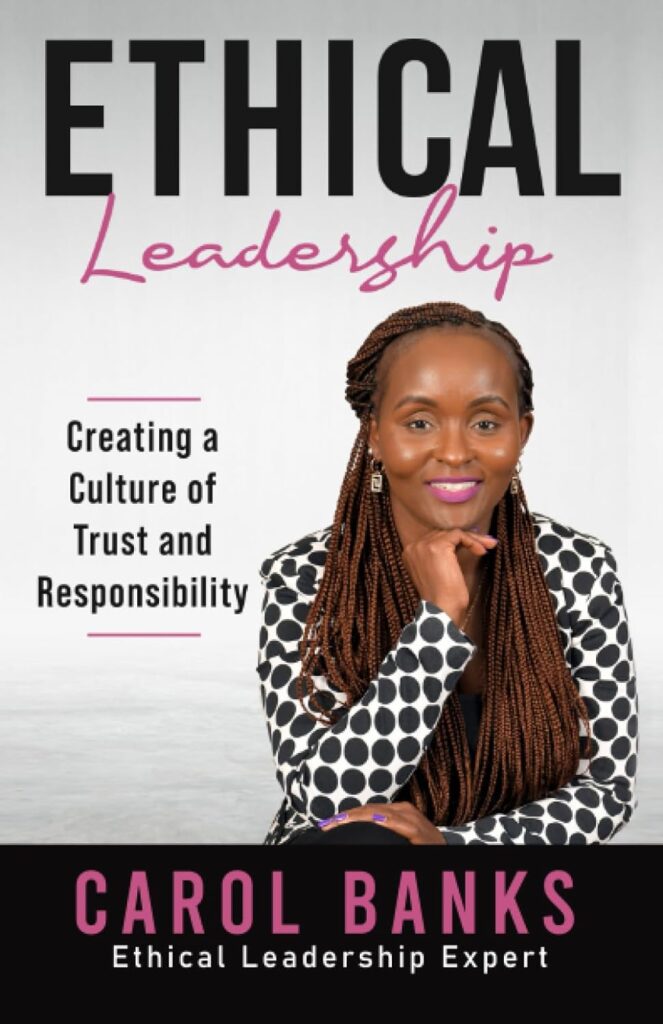
As a Kenyan author, how do you perceive the landscape of ethical leadership within the country?
I feel like sometimes we make progress and we back track. Every time we go into an election year, the promises that we make to people, there is no commitment after the election. The expressway is an amazing product but when you drive below you realise they neglected the road. They didn’t even re-carpet a lot of damage that was done by the construction of the expressway. Nobody went back, because they are not thinking about the regular Kenyans who will actually never get to use the expressway.
How can ethical leadership address societal challenges in Kenya?
I’m taking everything back to parenting because I am a parent, I have two children. My daughter is 16 and my son is 12. When I look at them I have made a deliberate effort to bring up citizens that would be noble, kind and don’t think just about themselves. The family feeds to the society and community which feeds to the country that we became.
Our generation grew up in households where our parents thought being hard on us is what would make us good people but it was bordering on abuse. Then we promised to give our children the best but we literally spoiled our children and they have no accountability. There is a balance that we need to strike in parenting. The Africa we want can only be built by the young, middle aged and the old people.
Were there any influential figures that shaped your writing process?
I looked at people who have helped me become the person that I am. Patrick Awuah is the founder of a university in Ghana and they do not invigilate exams. They believe if you invigilate exams then in life you will have to police people. I admire Eliud Kipchoge, he is disciplined and hardworking, he is not super human, it is what he does every day that has made him the person that he is.
A lot of people want to be associated with success and eat with success without knowing what it takes to be one. The third person is my former boss, Sr Naomi Kittony, she treated each one of us with so much respect and consideration. She was so secure as a boss that she would allow us to lead and did not take offence.
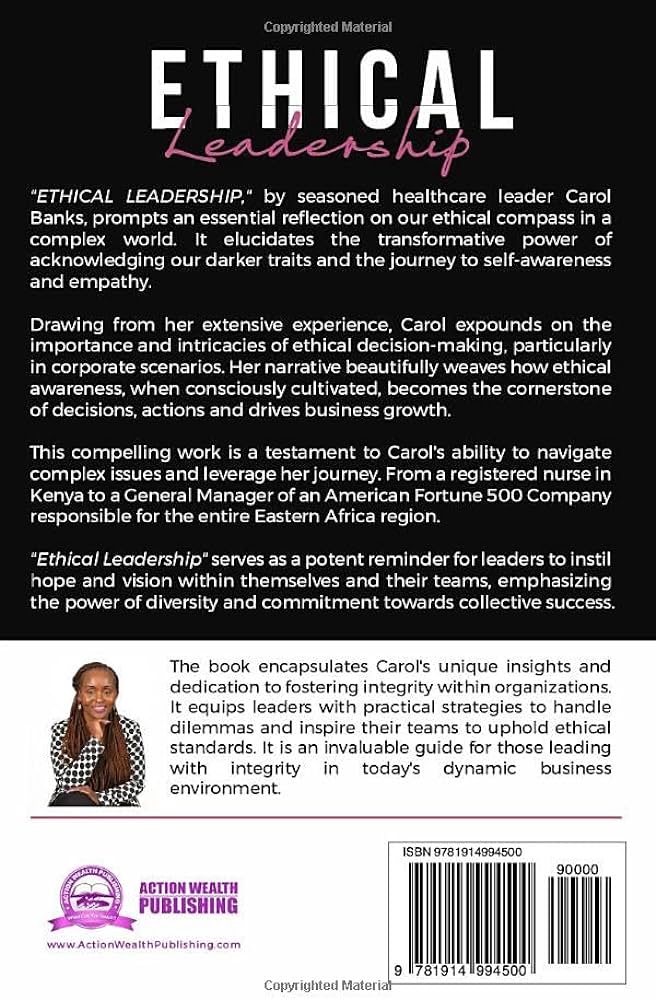
What are some of the biggest oppositions people face when striving to maintain ethical standards?
When in situations where you have a boss and who is not a person of integrity then it becomes hard to become ethical. Jobs like for tenders where officers request for kickbacks and the person has no other choice.
What do you hope the readers will take away from your book?
I hope they will be inspired to put in the work. We are living in an era where social media is painting a picture of quick success which is not the case. Success is a journey and not a destination, if you are struggling in your 20s you are on the right track but if you are struggling in your 40s then there is a problem. I want people to realise every stage of life is important.
Did you face any challenges when writing the book?
There is a part of the book where I have talked about my failures, it was hard but I needed to be authentic. Some of the chapters I skipped and came back to finish later. I also didn’t want to speak about my failed marriage but I had to.
How do you envision your book contributing to the broader discourse on ethics in institutions and the corporate sector?
I want to try and shape the kind of people we will be employing in the future. I have been speaking with individuals who are willing to buy books for the forms 4s of the school they went to. I will make sure the books get to the schools and I will return to the schools to have a conversation with the students.
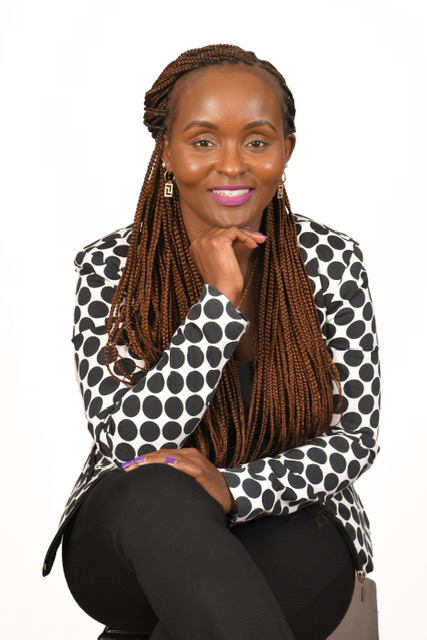
Popular actor Raymond Ofula reviewed your book, why was it important for him to write the pre-read?
I felt the generation I’m writing for is media driven. I have never met Raymond but I admire his discipline and consistency. I want young people to know that people like him have walked the journey. He is among the people who shaped the arts industry in Kenya. He is also very ethical.
Will you be writing more books?
Yes, one more book, it’s going to be a conversation with my patients. I worked at Nairobi Hospital and people who came there were rich people but on their death beds they had regrets that were so profound.
What advice would you give aspiring authors?
A lot of people worry that they don’t have the content but I would encourage them to start journaling, when you start you will realise that you have so much. Focus on a topic close to your heart and one that speaks to a lot of people also research about it.
What do you hope will be the long-term impact of your book?
If we start teaching students in high school about ethical leadership it means that we will start having ethical leaders who will stand out and say my values will not allow me to make some kinds of decisions. We will also have leaders who will be thinking about the good of other people as opposed to being selfish.



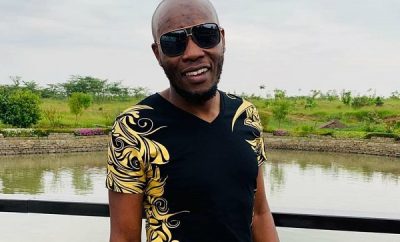


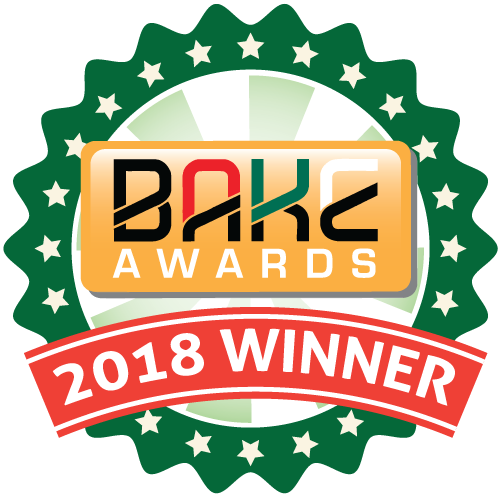


0 comments